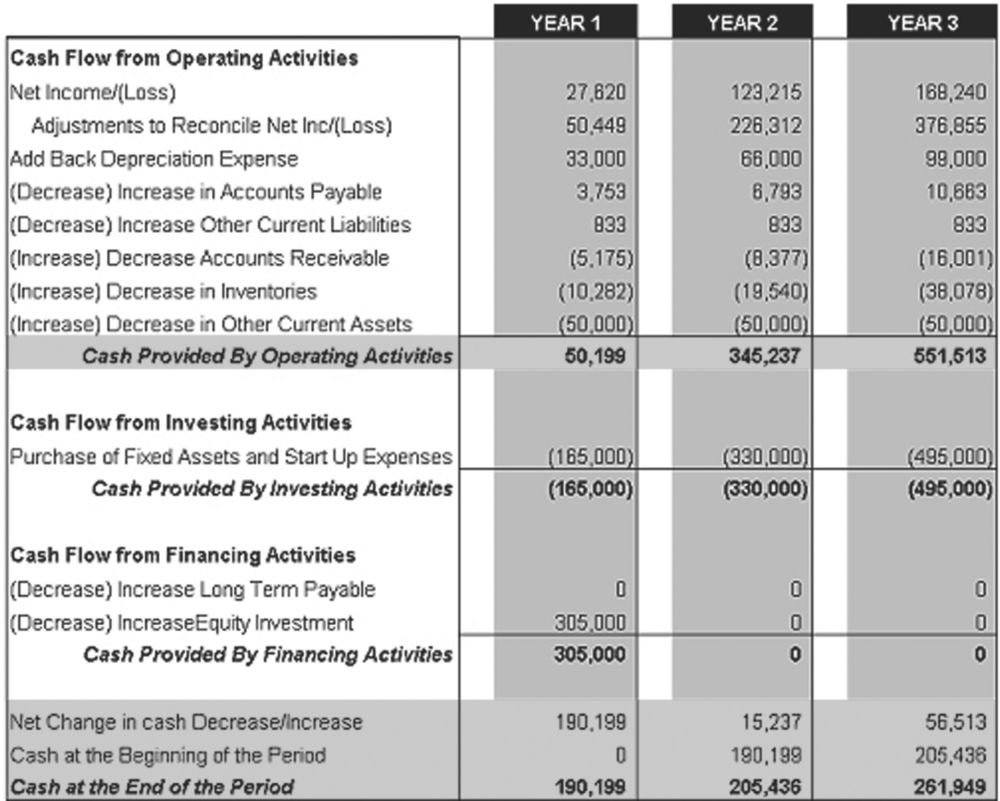How the Cloud is Affecting Client Write-Up
It would be hard to miss the major shift that small businesses have made toward cloud accounting over the past few years. Although there have been totally web-based accounting and business management systems since about 1998-1999, when NetSuite and Intacct debuted, these solutions were primarily focused on mid-sized and larger businesses, or at least small enterprises with fairly complex needs.
Even though other technology vendors started offering online bookkeeping and management solutions for traditional small businesses only a couple of years later, the cloud (which wasn’t even called that yet) was still an unfamiliar way for many entrepreneurs to manage their companies. Fast forward to today, and it seems that entrepreneurs can’t get into the cloud fast enough, as our hunger to be almost constantly connected has merged with the realization that cloud-based solutions can reduce IT headaches, make data available from anywhere at anytime, and can streamline workflow.
When it comes to write-up, this means that many small business clients are now drifting away from off-the-shelf software and implementing web-based solutions. While the initial challenge for some professionals may be in ensuring that their clients’ data gets properly imported and mapped into the professional accounting and write-up solution they use, most of the systems on the market use common business reporting code and bank-level encryption, ensuring generally simple data transfer.
The transition clients are making to the cloud also has many advantages that may one day be looked at as being as beneficial as when businesses initially moved from paper-based records to computers in the 1980s and 1990s.
Foremost is the ability to access live client data at any time or when clients run into problems, instead of waiting until the end of the month or end of a quarter to start digging through transactions looking for client errors. Not to mention potential hassles with period closes and data transfer. Cloud-based programs can also pull the latest transaction summaries from banks, speeding up reconciliation tasks.
As a result of these changes, many write-up processes are changing, and many firms are developing new bookkeeping services that keep them engaged with their client’s books on a more proactive, day-to-day basis. This is still primarily for smaller clients with less complex needs, but firms should be aware that the day will eventually come when there will be very few businesses using installed systems.
That is not to say that write-up will ever disappear, however, just that many firms will be able to take a more proactive approach. There will always be client errors and as such, there will always be the need for making correcting and reversing entries, for verifying the accuracy of banking and credit transactions, and certainly for financial reporting and analysis.
Just as many firms are helping move their clients to web-based bookkeeping solutions, many technologically progressive firms are also adopting cloud systems for their core firm programs, from tax and document management, to research and write-up. Of the solutions in this year’s review, only one is a completely web-based system, but several of the others can be hosted by application service providers (ASPs), which makes the systems available online. I believe the next few years will show an increase in the market for web-based professional accounting solutions, and rapidly increasing adoption.
The term “write-up” may be slowly easing its way out of use by younger professionals, in favor of terms that customers more easily understand, such as full-service accounting, outsourced accounting or virtual CFO services, but the core functions are the same, and as long as there’s a potential for human error, professional accountants will need technologies to help them fix those client errors.
Thanks for reading CPA Practice Advisor!
Subscribe Already registered? Log In
Need more information? Read the FAQs
Tags: Accounting




